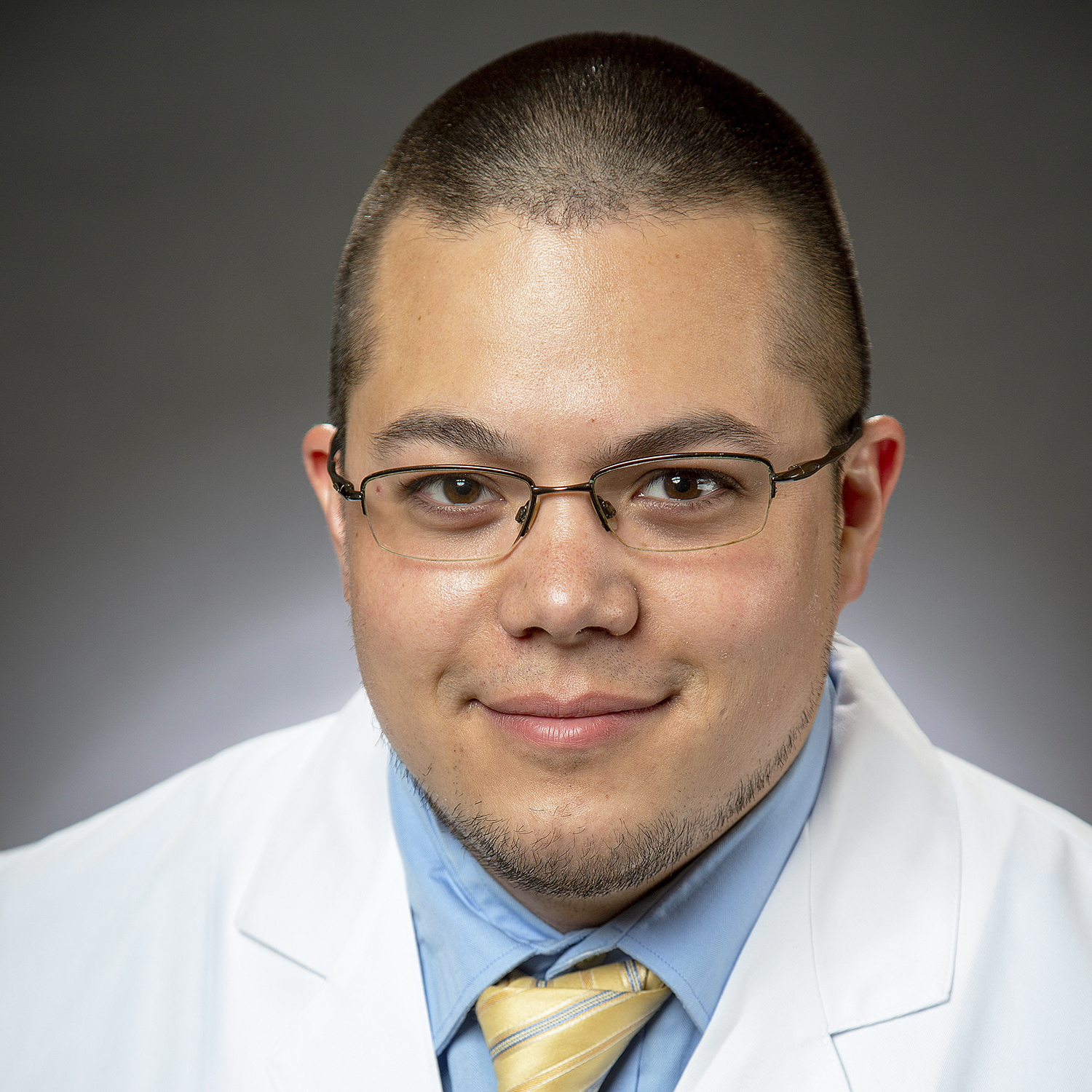Please introduce us to your childhood and family:
I grew up in a bi-cultural home with my father being a first-generation American, immigrating from Malaysia while my mother was born and raised in Connecticut. I grew up in Connecticut and ultimately went on to play football in college at Western New England University in Massachusetts. I knew early on I wanted to go into the field of medicine. My grandmother, uncle, and mother were all nurses. I was fortunate to go to a high school that allowed accepted students into a two-year program to explore medicine by taking college credit courses while shadowing fields of interest at a local hospital, whether specialty physician or nurse. My exposure to medicine was furthered by my mom having multiple sclerosis. As the years progressed and her health deteriorated, it meant more and more exposure to the different specialties of medicine. I found my interest in critical care during this time, given her extended times in the ICU.
How are you able to manage COVID and Residency?
Balancing residency during COVID has definitely been a challenging balancing act. Residency is hard regardless of a pandemic, but COVID added additional stress with the constant changing of management and the sheer number of patients being admitted daily, overburdening an exhausted healthcare system. I think this was a good experience for me in my training years with a passion for critical care medicine. It taught me resilience and healthy outlets to avoid burnout. Additionally, an increased amount of essential patients has created more competent and efficient residents. We had to take on more responsibility for patients and procedures, learn an ever-changing management landscape, and become more comfortable caring for the critically ill. Overall, while challenging, it has been fulfilling and has prepared me well for the next step in my career.
What are the milestones you want to achieve, personally or professionally?
I am applying for a fellowship in critical care medicine. I enjoy being a team player and hope to lead an ICU team soon. Residency promoted my professional growth in research, and I hope to continue this in my endeavors to reach multiple health systems. As for personal milestones, I look forward to getting back in the water as a scuba diver.
As a doctor, what is your vision?
My passion drives my vision. I believe in doing what is best for my patients while leading my team. The ICU is a unique environment as we make decisions within a matter of seconds. I hope to work with a team built on mutual trust and respect so that we can best care for our patients.
Tell us about your interests in research or what made you interested in research?
I want tomorrow to be a better day. Medicine has had incredible advances over the past several decades and what was taught in medical school even 20 years ago is now obsolete. I want to contribute to this growth and advancement of the practice of medicine. I am equally interested in preventing disease before it occurs as I am treating it. I have been fortunate at Northeast Georgia Medical Center to be exposed to unique pathology that I may not have seen elsewhere. I got the opportunity to publish many of these cases in journals for others to read.
Please introduce us to your VR in ICU Project.
This project is unique as the goal is both prevention and treatment. My goal is to find a cure for delirium, an acute change in mental status in an illness setting, which plagues hospital systems worldwide. While it may be a bold statement, I believe setting a challenging goal leads us to significant advances in medicine. I was exposed to the use of virtual reality for decreasing narcotic use in burn patients during medical school. With this application for an acute medical need and the recent use in neuropsychology for dementia patients, the thought was how can it be used for delirium. We will be using virtual reality headsets to introduce patients to calming scenarios and the ability to recreate their actual home environment to allow their minds to escape from the hospital setting. The ultimate goal would be to decrease the burden on families to be present, use medications to treat agitation, improve the quality of patient care, and reduce hospital length of stay.
Learn more about research at NGMC GME here.

